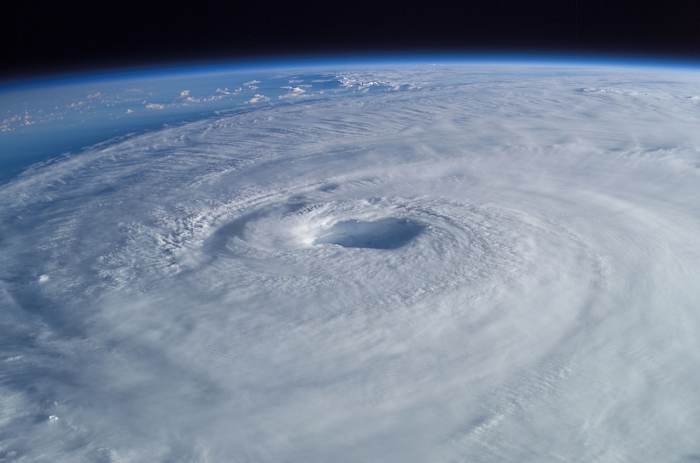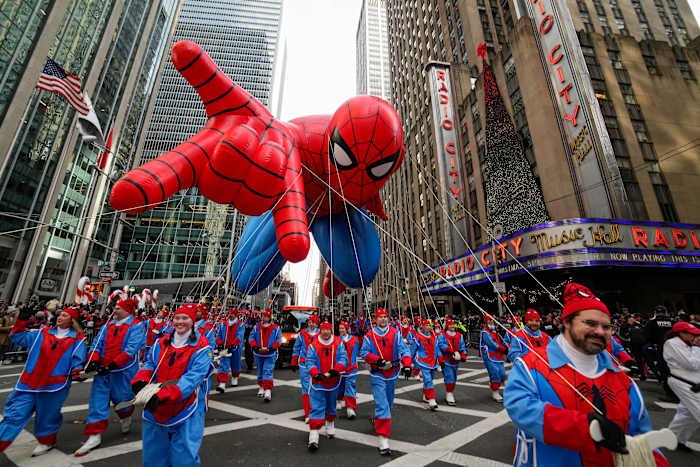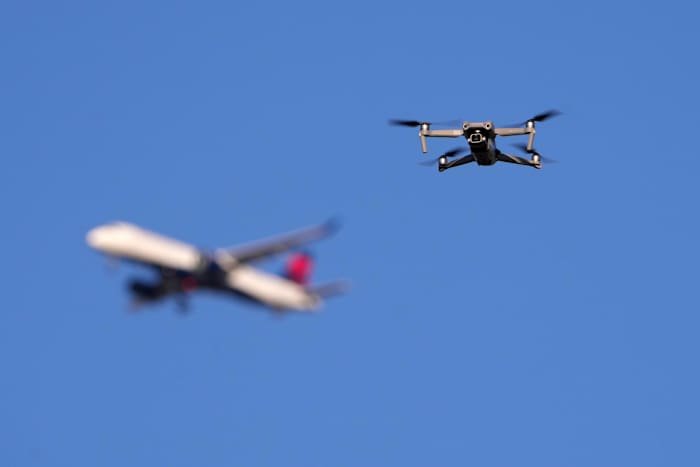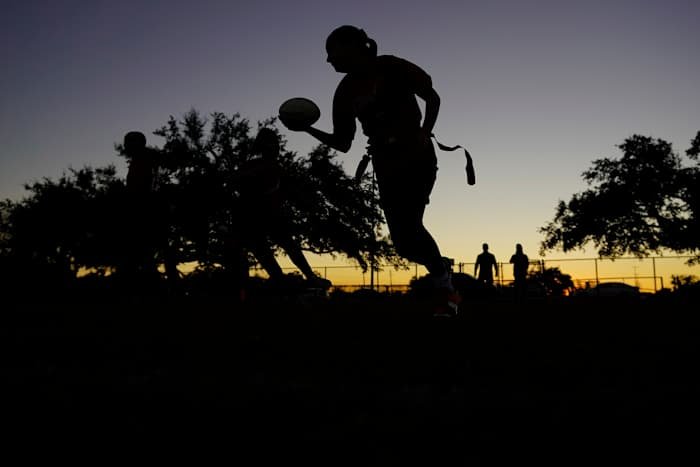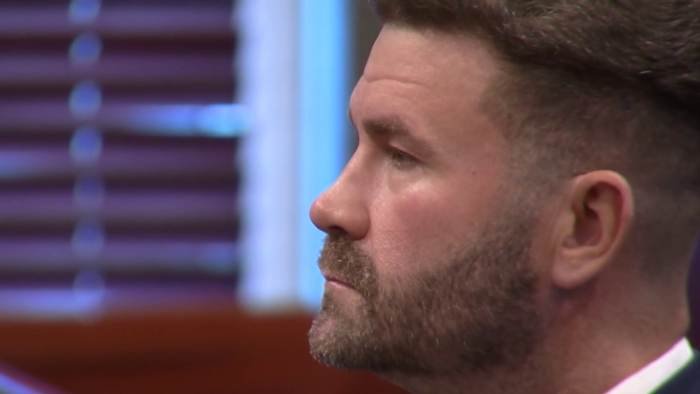Orlando is no stranger to hurricanes, and while the storm itself can be terrifying, the real danger often lingers long after the skies have cleared. In the aftermath of a hurricane, many Orlando residents focus on recovery and rebuilding—but it’s crucial to stay vigilant. The period following a hurricane brings its own set of hazards, some obvious and others less so. This article explores the ongoing risks Orlando faces after a hurricane passes and how to stay safe during the critical recovery period.
1. Floodwaters: A Lingering Threat Across Orlando
Flooding is one of the most significant hazards after a hurricane, especially for low-lying neighborhoods across Orlando. Even after the rain stops, lakes, rivers, and drainage systems can remain swollen, and standing water can persist for days or even weeks.
- Health Hazards: Floodwaters in Orlando often contain sewage, chemicals, and debris. Direct contact can lead to infections, rashes, or gastrointestinal illnesses. It’s vital to avoid wading or driving through standing water whenever possible.
- Hidden Dangers: Downed power lines and displaced wildlife, such as snakes and alligators, can be lurking in floodwaters. Always assume water may be electrically charged and dangerous.
- Infrastructure Damage: Roads and bridges can be undermined by floodwaters, making travel risky. Heed all road closure signs in the Orlando area and stay updated via local news sources such as Daily Orlando News.
2. Power Outages and Carbon Monoxide Poisoning
When hurricanes hit Orlando, widespread power outages are almost a certainty. The loss of electricity can last hours or even days, leading many residents to rely on portable generators. However, improper use of these generators is a leading cause of carbon monoxide poisoning post-storm.
- Use Generators Safely: Only use generators outdoors and far from windows, doors, or vents. Carbon monoxide is colorless and odorless, making it especially dangerous.
- Food and Water Safety: Without power, refrigerators and freezers can’t keep food safe for long. Discard any perishables that have been above 40°F for more than two hours. If in doubt, throw it out!
- Communication Challenges: A lack of power can disrupt cell service and internet access, making it difficult to reach loved ones or call for help. Prepare by charging devices in advance and having backup batteries or power banks on hand.
3. Structural Hazards: Damaged Buildings and Debris
High winds and flying debris can leave Orlando homes and businesses with significant structural damage. Even if your property appears intact, hidden dangers may exist.
- Unstable Structures: Roofs, walls, and trees may be weakened and at risk of collapsing. Avoid entering any building unless authorities have declared it safe.
- Debris Cleanup: Broken glass, nails, and sharp metal fragments are common after a hurricane. Always wear sturdy boots, gloves, and long sleeves during cleanup.
- Mold Risks: The combination of Florida’s humidity and water intrusion creates a perfect breeding ground for mold. Mold can cause respiratory issues, especially for children, the elderly, and those with allergies. Dry out affected areas as quickly as possible and consider professional remediation for severe cases.
4. Public Health Concerns and Emergency Services
Orlando’s healthcare system can be strained after a major hurricane, with hospitals and emergency responders stretched thin. Delayed response times and limited resources can magnify post-storm risks.
- Limited Access to Care: Downed trees and flooded roads can make it difficult for emergency services to reach affected neighborhoods. Residents should keep first aid supplies handy and know basic care procedures.
- Vector-Borne Diseases: Standing water creates breeding grounds for mosquitoes, which can transmit diseases like West Nile Virus and Zika. Use insect repellent and eliminate standing water around your property.
- Mental Health: The stress and anxiety of surviving a hurricane and its aftermath can take a toll. Check in on neighbors, especially the elderly and vulnerable, and don’t hesitate to seek help if you’re feeling overwhelmed.
5. Community Support and Recovery in Orlando
Orlando is known for its strong community spirit, and this is never more evident than after a hurricane. Neighbors helping neighbors can make all the difference during the recovery process.
- Stay Informed: Rely on trusted local news outlets such as Daily Orlando News for updates on relief efforts, road closures, and safety advisories.
- Volunteer Opportunities: Many local organizations and shelters need volunteers after a storm. Lending a hand, even in small ways, can speed up the recovery for everyone.
- Share Resources: If you have extra supplies, consider sharing with those in need. Community centers and churches often serve as distribution points for food

